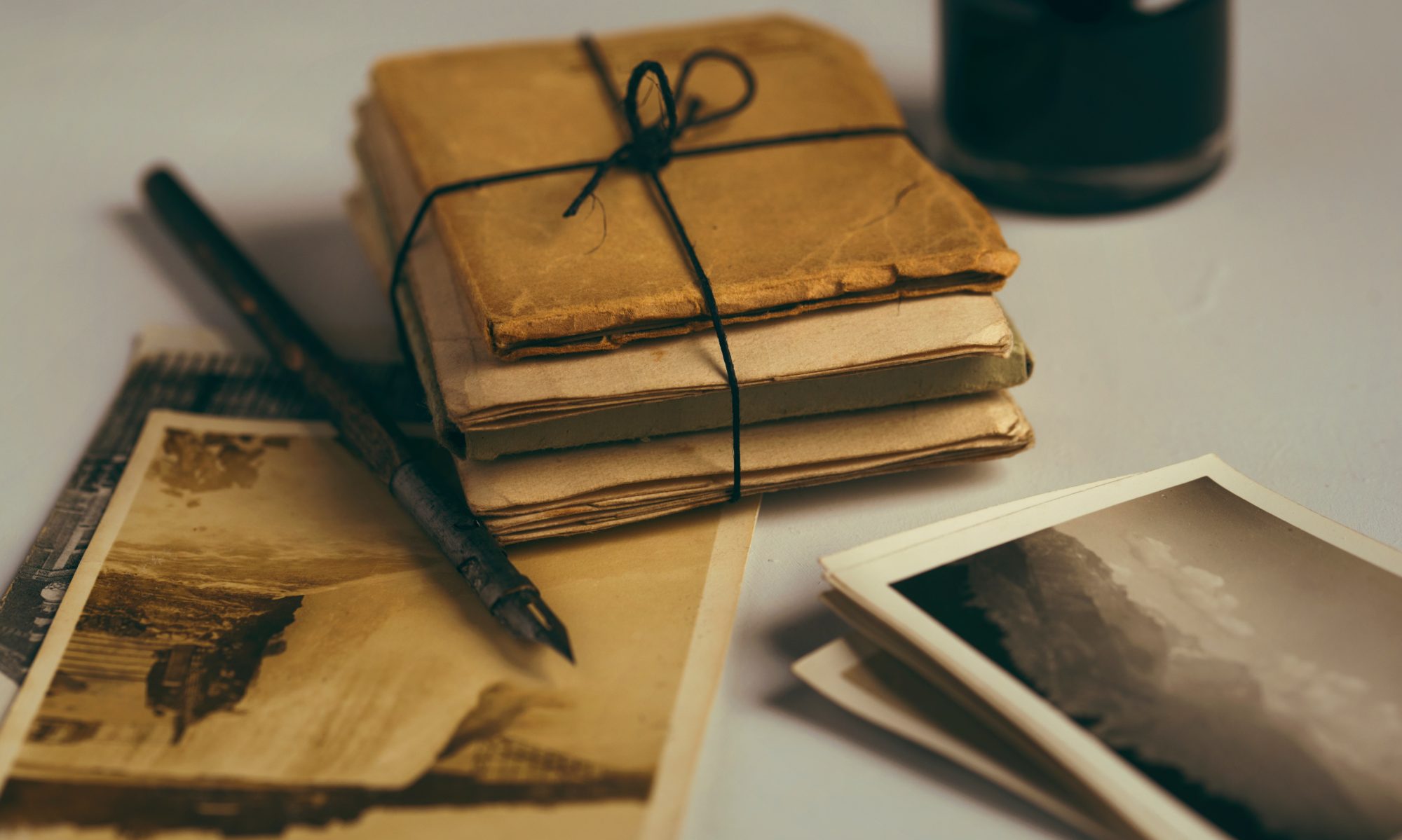
Your family history is so much more than names, dates and places. It’s the stories that make it so fascinating. Tales of overcoming hardship, exploring new lands through immigration, the impact of changing technologies in a fast-evolving world, and even yes, the odd scandal! It all puts flesh on the bones of our ancestors and brings those bare facts found in documents to life. As you begin exploring your family’s stories you may even recognise some of your own personality and character traits in your ancestors and see where they have come from.
I highly recommend that you sit down with some of your older relatives while they are still available to speak with. If they are not local, can you Skype, FaceTime or even call them? Letters are great, but stories tend to come out most effectively when the conversation is two-way in real time. Whatever method you go with, do it now…the stories die with those who hold them. Don’t be fooled into thinking that if they had anything interesting to tell you they would have done so by now. They may have assumed you already knew or wouldn’t be interested in hearing it!
Last year, I had the great privilege of spending some time with an elderly uncle on the other side of the world from me. I asked him if we could talk about his life as a child. He was surprised but very willing. He started by saying that he wouldn’t have much to say as he couldn’t remember much. Almost three hours later he drew breath after sharing some amazing and fascinating tales that put his life and that of the broader family into great context and answered many questions that would never have been solved through documents alone. It was invaluable.
Some tips when interviewing your relatives:
- If at all possible, record the conversation (with their permission). There is no way you will remember everything they say, and it means you won’t distract them or make them feel self-conscious by writing notes or having to ask them to pause mid-flow while you get everything down. You can just give them your full attention. Place the recording item (which may just be your phone) close by but unobtrusive so that they aren’t feeling uncomfortable.
- Prepare some ‘prompt’ questions before you go, in case they have trouble getting started or go blank. If there’s any particular era of their life that you are interested in, try asking a question around that time to get them started. For example, “I understand the family was bombed out in World War 2, can you tell me about that? I imagine it would have been a very scary time for you as a child”. You may find once they get started, the stories will segue into others as further memories are prompted.
- Be sensitive to their comfort, signs of fatigue or distress, and do not be tempted to keep going because you want the information. If they are straying into areas where they are clearly uncomfortable going, steer the topic to something else so they don’t feel compelled to continue down a path they accidentally got onto. Take breaks if necessary. Make them a cup of tea. Even if they’re enjoying it they may need to pause for a while and talk about other things.
- If possible, visit them in their own environment. They will be more relaxed there and they may remember during a story that they have photos, mementos or other items that they can show you, a wonderful bonus!
- Take them a little gift as appreciation for their time and effort, and perhaps a nice cake to go with the cuppa!
Has anyone else had the experience of interviewing their elderly relatives, and if so, did you come across anything that completely changed your perspective on the life of the family? Share your experiences in the comments!


